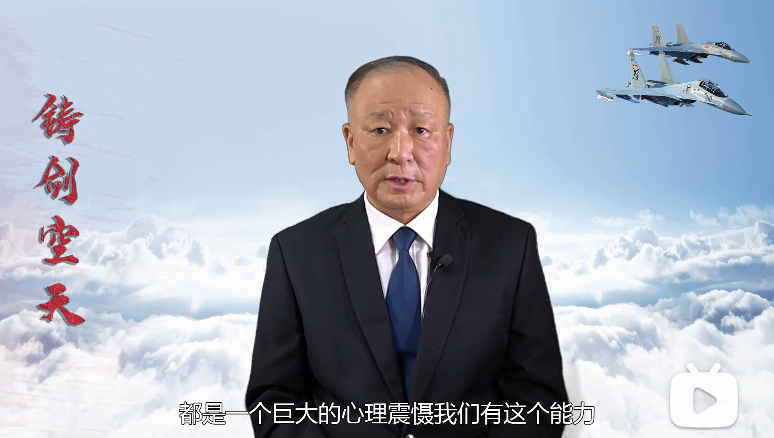
"Today there were 20 fighters, tomorrow there could be 40 fighters, and the day after tomorrow there could be 60 fighters, that may even be divided into three, four, or five wings."
-Prof.-Col. Chen Hong discusses the intended "message" of the incursion to Taiwanese air space.1/6

-Prof.-Col. Chen Hong discusses the intended "message" of the incursion to Taiwanese air space.1/6


2/ According to Reuters, twenty Chinese military aircraft entered Taiwan's air defense identification zone on Friday, marking the island's defense ministry's largest incursion yet and a dramatic escalation of tensions across the Taiwan Strait.
reuters.com/article/us-tai…
reuters.com/article/us-tai…
3/ Professor Colonel Chen Hong of the Department of Intelligence and Foreign Forces Teaching and Research Division of the Air Force Command College discussed the intended "message" the incursion was supposed to send to the Taiwanese in a new video:
4/ "Today there were 20 fighters, tomorrow there could be 40 fighters, and the day after tomorrow there could be 60 fighters, all of which could be divided into three, four, or five wings.
5/ "Consider this: this level of combat capability is a huge psychological deterrent for Taiwan, for the motherland's sacred and indivisible [territory]. This is something we can do.
"With a fist like that, we can strike any of your one-finger chan or two-finger chan [Shaolin kung-fu forms using only one or two fingers]. A fist will always win over a one-finger or two-finger chans."
/End
Link: bilibili.com/video/BV1W64y1…
/End
Link: bilibili.com/video/BV1W64y1…
• • •
Missing some Tweet in this thread? You can try to
force a refresh








